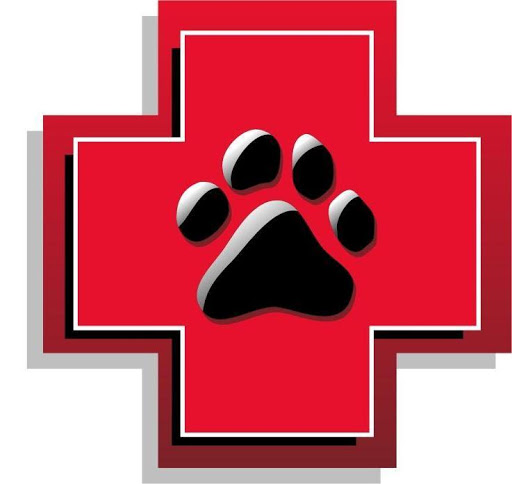
COVID-19
We are all aware of the effect the Corona virus is having on the human population worldwide, but what does this mean for you and your dog. Unfortunately not much is known at this stage because it is a completely new virus, and new data is being gathered every day. However, the general consensus at the moment is that the virus cannot be passed between human and canine physiologically, but there is concern that like any surface touched by humans the fur can carry the virus and be passed that way.
According to the World Small Animal Veterinary Association (WSAVA), in their press release of 3rd April 2020, they state:
‘It should also be remembered that public health services around the world monitoring the spread of SARS-CoV-2, have again ended this week steadfastly stating that there is no evidence of transmission from companion animals to people. As recommended in our Advisory, however, individuals who know they have COVID-19 should minimize direct contact with their pets to avoid potential transmission.’
Similarly the British Veterinary Association (BVA) has stated:
‘According to the OEI (World Orgainsation for Animal Health) the current spread of Covid-19 is a result of human-to-human transmission, and, to date, there is no evidence that companion animals can spread the disease. Therefore, there is no justification in taking measures against companion animals which may compromise their welfare. Current evidence suggests Covid-19 has an animal source but this remains under investigation.’
So what can we do as dog owners to keep ourselves, our families and our dogs safe at this unprecedented time?
The advice from the Department of Environment, Fisheries and Rural Affairs (DEFRA) for pet owners is:
- Restrict contact with pets as a precautionary animal health measure until more information is known about the virus.
- If your pet requires care, wash your hands before and after any interaction with them and wear a face mask if possible.
- Keep cats indoors if possible and try to arrange for someone else to exercise dogs, taking care to restrict any contact with the person walking your dog and making sure they practice good hygiene. This is to reduce the likelihood of your pet spreading the disease through environmental contamination on their fur – there is no evidence that pet animals play a role in the spread of the disease.
- If your pet shows clinical signs, please do not take it to the vet but call the practice for advice.
- If your pet requires emergency treatment, call the practice for further advice. Do not take your pet to the surgery unless the vet instructs you to. You may need to arrange for someone else to transport your pet for treatment.
Links to the websites where the above information has been taken are available below.

